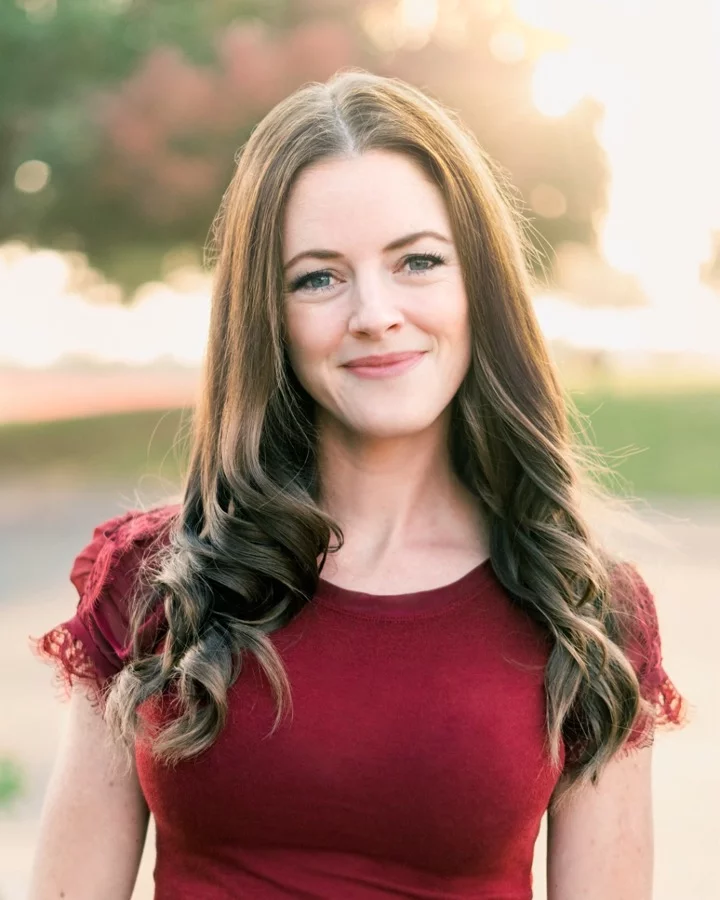Nelson Mandela and the Words that Fueled a Movement
 It’s the rare communicator that can move an entire nation to toward significant social change. But it’s even more exceptional for that communicator’s message to sustain through a 27-year imprisonment. But Nelson Mandela accomplished just that.
It’s the rare communicator that can move an entire nation to toward significant social change. But it’s even more exceptional for that communicator’s message to sustain through a 27-year imprisonment. But Nelson Mandela accomplished just that.
Perhaps the best and most well known example of Mandela’s message are the remarks he made during his 1964 trial in which he was accused of sabotage and conspiracy to overthrow the government.
Mandela was scheduled to testify in the trial, but instead he gave a statement. This was to become possibly the most famous speech of his lifetime and the last one he would give for almost the next three decades.
During his speech, Mandela sought to explain his actions including the African National Congress’ move to violent sabotage of the South African economy and infrastructure after 50 years of non-violent demonstration.
“Some of the things so far told to the court are true and some are untrue. I do not, however, deny that I planned sabotage. I did not plan it in a spirit of recklessness, nor because I have any love of violence. I planned it as a result of a calm and sober assessment of the political situation that had arisen after many years of tyranny, exploitation, and oppression of my people by the whites.”
Here, Mandela accomplishes a couple of goals. One, he takes responsibility in his role in the protests, a brave gesture considering he, and many others, expected that he would be executed if found guilty of these crimes. But at the same time he also distances himself from the idea that he pursued violence for violence’s sake. This is a fine line to walk, but Mandela does it clearly and concisely.
Mandela goes on to defend the ANC’s collaboration with the Communist party.
“The Communist party sought to emphasize class distinctions whilst the ANC seeks to harmonize them. This is a vital distinction.”
“But cooperation is merely proof of a common goal — in this case the removal of white supremacy — and is not proof of a complete community of interests. The history of the world is full of similar examples. Perhaps the most striking is the cooperation between Great Britain, the United States, and the Soviet Union in the fight against Hitler. Nobody but Hitler would have dared to suggest that such cooperation turned Churchill or Roosevelt into communists.”
Here, Mandela uses a brilliant analogy to communicate his point. By drawing this parallel, Mandela both aligns himself with two of the world’s superpowers while comparing his oppressors to Hitler.
Finally, he illustrates the inequality between black and white South Africans by examining access to education and quality jobs, living conditions, and treatment in the eyes of the law.
“Because of this sort of attitude, whites tend to regard Africans as a separate breed. They do not look upon them as people with families of their own; they do not realize that they have emotions — that they fall in love like white people do; that they want to be with their wives and children like white people want to be with theirs; that they want to earn enough money to support their families properly, to feed and clothe them and send them to school. And what “house-boy” or “garden-boy” or laborer can ever hope to do this?”
By focusing on the core human desires that both races share, Mandela establishes a common ground, through which white and black South Africans can see that they share some of life’s most fundamental experiences.
Lastly, Mandela outlines the future he sees for South Africa.
“Africans want a just share in the whole of South Africa; they want security and a stake in society. Above all, we want equal political rights, because without them our disabilities will be permanent.”
After deftly making a case for his actions and the plight of the black South African people, Mandela makes what he positions as a small request from the South African government and outlines the stakes, or what will happen if his people don’t receive equal political rights.
Mandela ends with what may be considered his most famous quote.
“I have cherished the ideal of a democratic and free society in which all persons live together in harmony and with equal opportunities. It is an ideal which I hope to live for and to achieve. But if needs be, it is an ideal for which I am prepared to die.”
This quote is so well known because it’s both brave and concise. He knows what he’s up against and believes so strongly in his idea that he’s willing to lay down his life. But he also doesn’t belabor the point. He’s confident enough in his assertion that he’s willing to let it stand on its own without further elaboration.
By now, the world knows what happened as a result of these famous words. Mandela was imprisoned for 27 years, while South Africans continued to hope for equality in the land of their origin. And though Mandela had very limited contact with the outside world during this time, these words and the ideals they represented were enough to fuel the hope of a people until the change he committed his life to finally came to pass.
Today, the world is richer for the example Mandela set, the inspiration he gave, and the way in which he reminded us of what could be.
TOPICS:
Communication, Delivery, Influencing, News, Public speaking
Learn from the pros
Gain insight on effective presentation strategies
From developing presentation skills to designing PowerPoint® presentations, we invite you to join the 200,000 people who leverage our extensive resource library.

